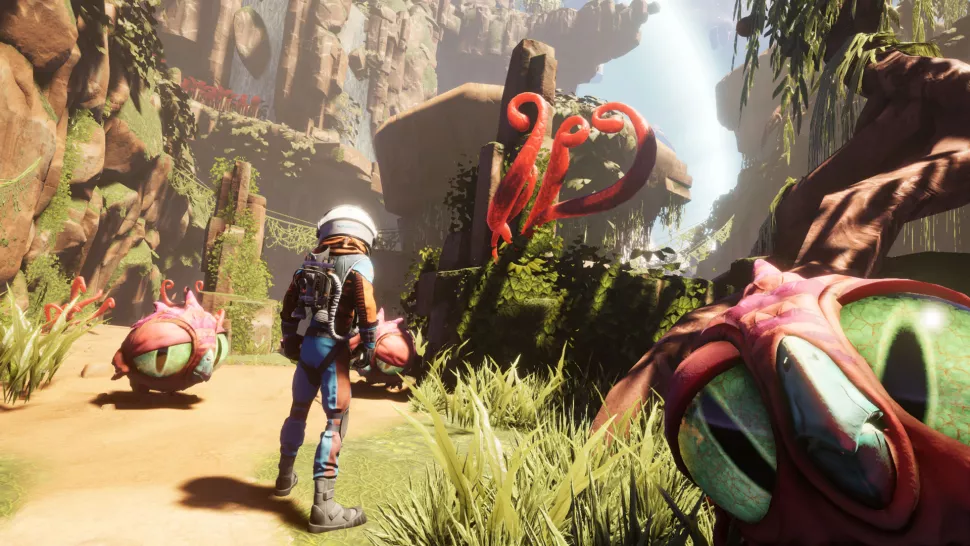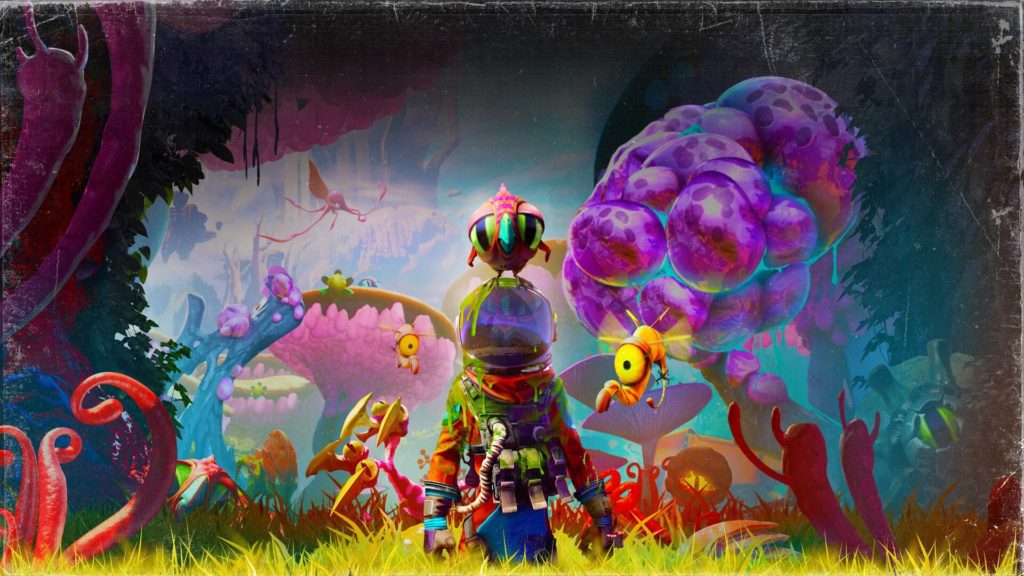Developers from the former Typhoon Studios together with veterans from Electronics Arts and Ubisoft have announced the foundation of their new studio, Raccoon Logic, today in Montreal.
According to Games Radar, the studio also said that they have negotiated with Google to keep ownership of the Journey to the Savage Planet intellectual property. However, Raccoon Logic did not mention any development plans for the franchise in the near-future.
Raccoon Logic also said that many Typhoon Studios talents are joining the roster. These include Alex Hutchison, who will be serving as Creative Director, as well as Reid Schneider as Studio Chief. Yannick Simard, Erick Bilodeau and Marc-Antoine Lussier will also serve as CTO, director of art, and technical design director, respectively.
The studio also revealed that Chinese tech firm Tencent had bankrolled the establishment of Raccoon Logic.
Google had previously acquired Typhoon Studios in December 2019 and the rights to IP, including Journey to the Savage Planet, as part of its shift to developing first-party games for the Stadia platform. After the acquisition, the tech giant put the team to work with its internal developer studio, Stadia Games and Entertainment, also based in Montreal.
According to VGC, the Typhoon Studios developers were reportedly working on a sequel to Journey to the Savage Planet.
However, Google announced early this year that it was moving away from first-party game development and will be shutting down Stadia’s internal development teams. Stadia vice president Phil Harrison explained Google’s shift in strategy in a blog post, where he said that game development is a significant investment whose costs are going up “exponentially.”
Citing his company’s focus in building up the existing technology on Stadia, Harrison then said that they made the decision to no longer release exclusive content from the SG&E studio.
He said, however, that Google will be tapping third-party developers to develop content that will be published through the Stadia platform. He described this as the “best path” to transform the platform into a sustainable venture moving forward.





